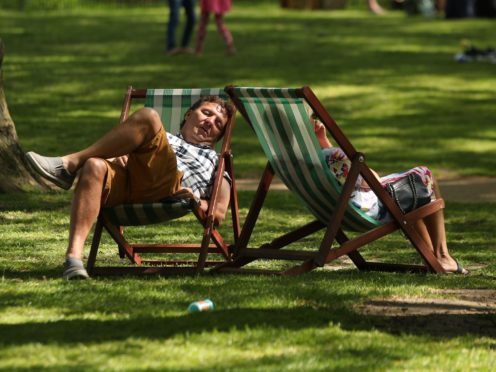Taking at least three weeks of holiday each year could help you live longer, a study has found.
Researchers said a healthy diet and regular exercise were still no substitute for time off when it came to relieving stress.
The 40-year study found that patients who took fewer than three weeks of annual holiday were a third more likely to die young than those who took more.
“Don’t think having an otherwise healthy lifestyle will compensate for working too hard and not taking holidays,” said Professor Timo Strandberg, of the University of Helsinki in Finland.
“Vacations can be a good way to relieve stress.”
The study, which began in the 1970s, involved 1,222 middle-aged men born between 1919 and 1934 who were at risk of heart disease, due to factors such as high blood pressure, smoking or being overweight.
Half were given instructions to exercise, eat healthily, achieve a healthy weight and stop smoking, while the others were given no extra advice.
The research, presented at the European Society of Cardiology conference in Munich, found that those given the regular advice were more likely to die young – with the experts suggesting the interventions may have added extra stress to their lives.
Among the same group, those who took less than three weeks off each year were 37% more likely to die young over the next 30 years.
Professor Strandberg said: “The harm caused by the intensive lifestyle regime was concentrated in a subgroup of men with shorter yearly vacation time.
“In our study, men with shorter vacations worked more and slept less than those who took longer vacations.
“This stressful lifestyle may have overruled any benefit of the intervention. We think the intervention itself may also have had an adverse psychological effect on these men by adding stress to their lives.”
